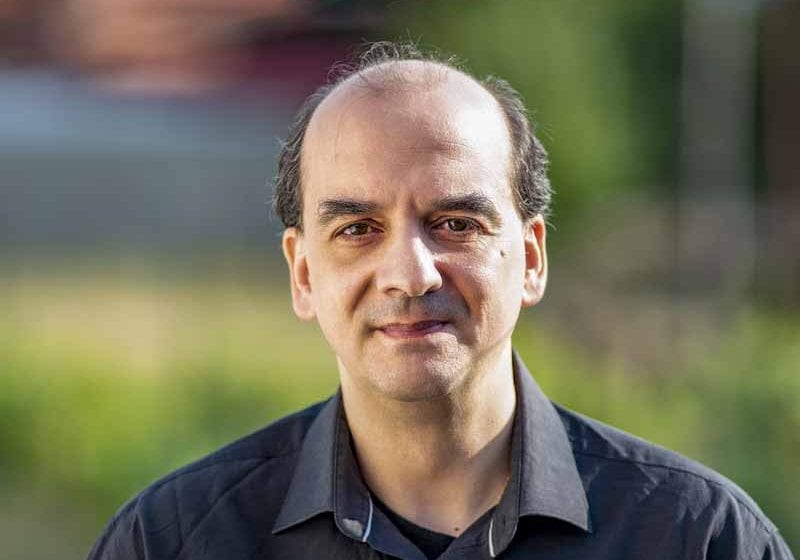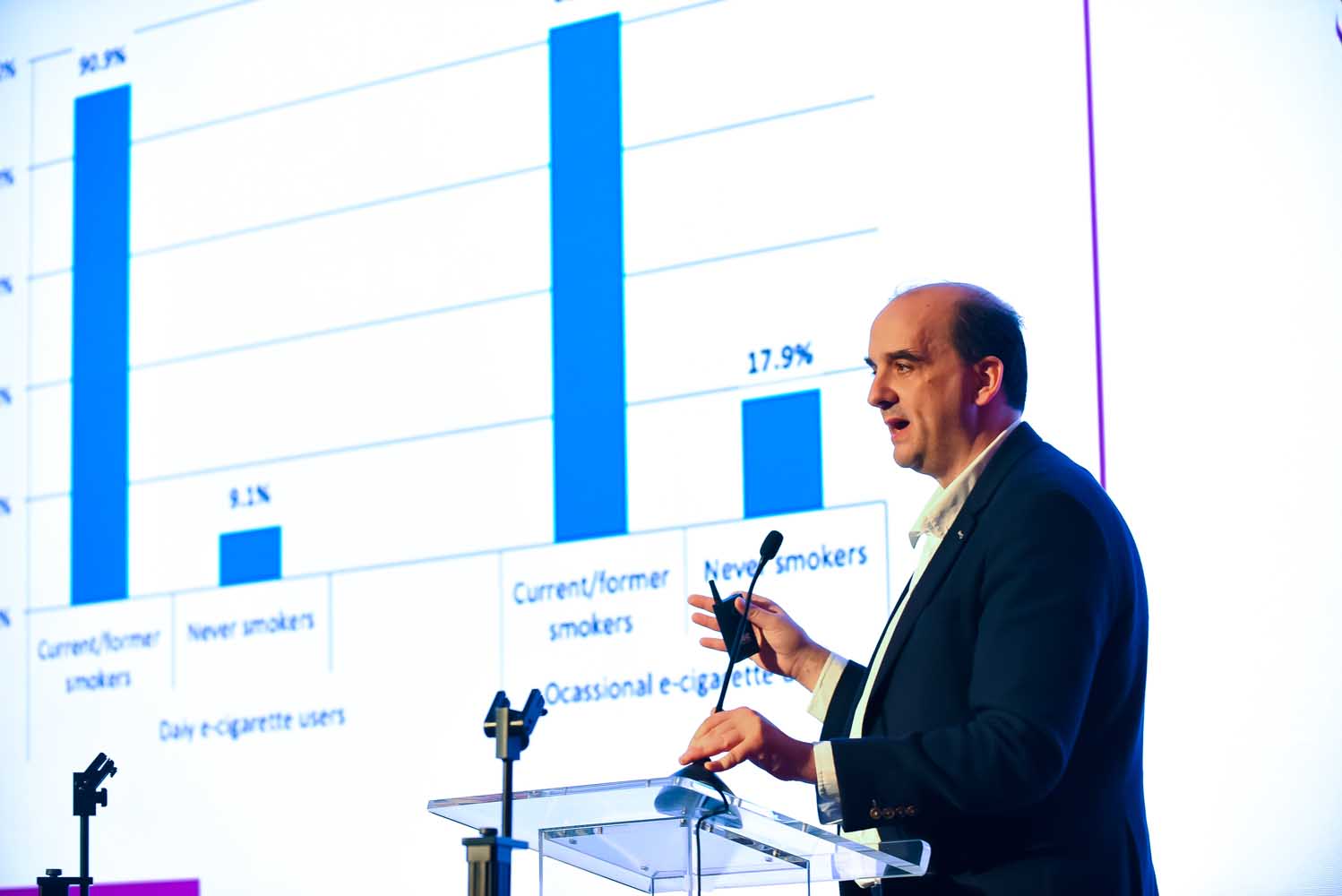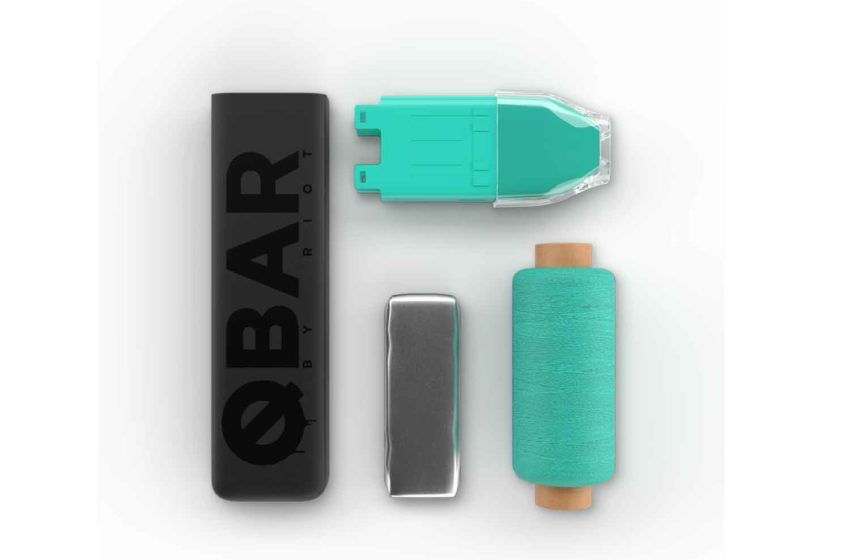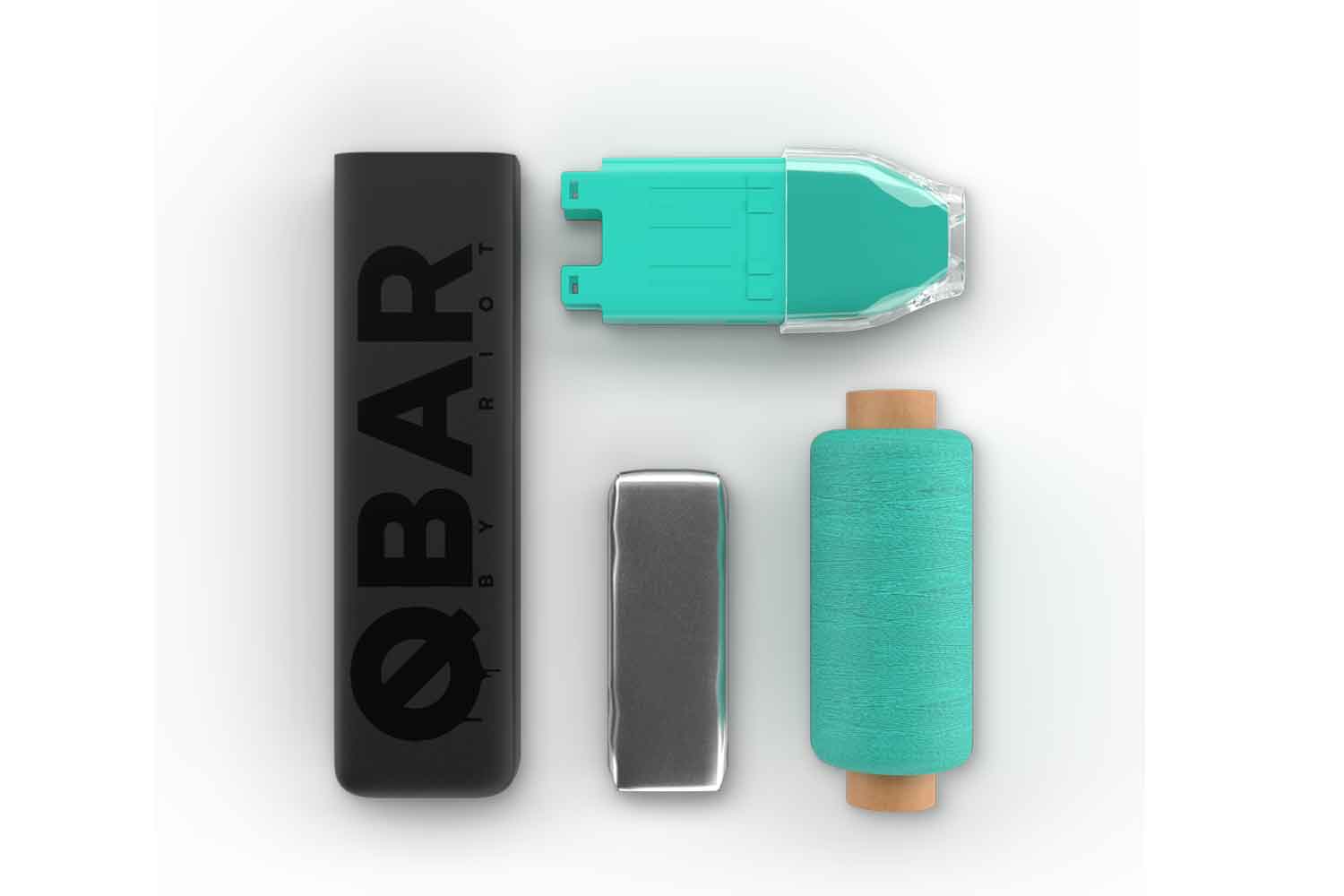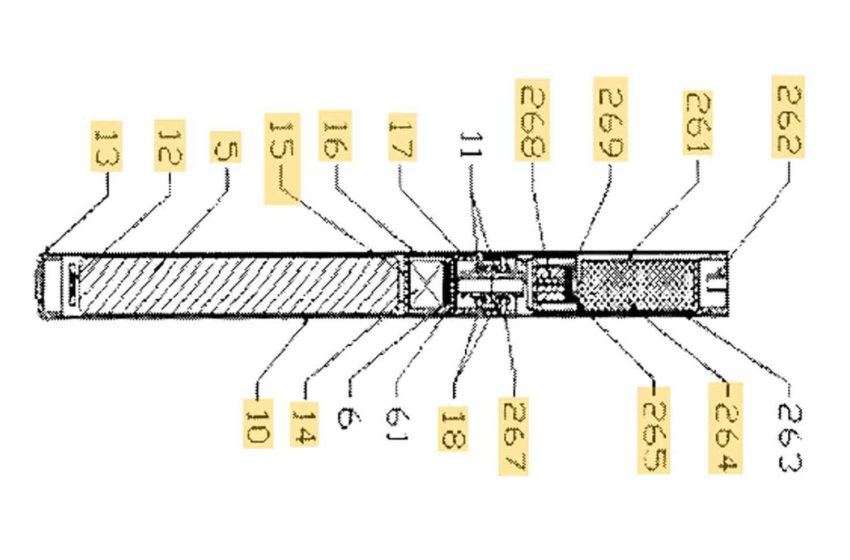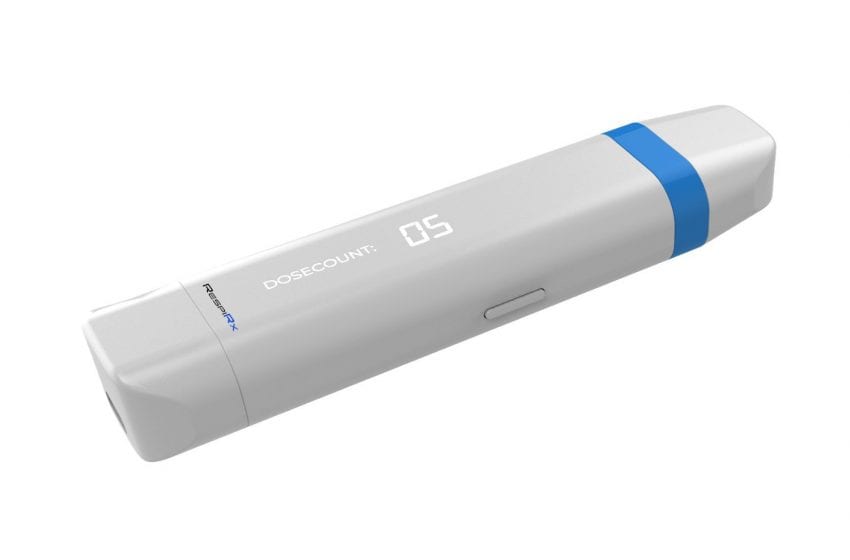
BAT is the driving force behind the World Vapers Alliance (WVA), a pro-vaping group presenting itself as a grassroots initiative of anti-smoking initiatives, according to the Daily Beast.
According to the investigation, BAT sought to use the WVA to organize individuals to pressure government officials, including members of the European parliament, to roll back regulations on tobacco products such as bans on flavored products, health warnings and increased taxes.
BAT went to great lengths to conceal its involvement with the World Vapers’ Alliance, according to the investigation. Yet, sources and internal documents reviewed as part of the investigation revealed that BAT “has played a central and hands-on role in orchestrating, directing and funding the World Vapers’ Alliance.”
Writing for Vaping360, Jim McDonald said BAT’s involvement with WVA was no secret among vaping advocates, “which is probably a major reason why the organization only has 20,000 individual members, despite extensive social media efforts,” he wrote.
According to McDonald, many vapers tend to mistrust and resent involvement in vaping issues by the tobacco industry, partly because companies like BAT subsidiary Reynolds American Inc. have gone out of their way to eliminate the competition posed by independent vaping businesses.
McDonald cites a 2014 RAI comment to the FDA, “essentially offering the agency a blue-print for destroying the open-system vaping industry.”
Anti-smoking groups were aghast. “Tobacco companies like British American Tobacco claim that they are changed, responsible companies working to reduce the enormous harm caused by their products. But their actions tell a different story and show that they continue to use the same deceptive tactics they have always used, including front groups, to fight public health policies and protect their sales and profits,” said Matthew L. Myers, president of the Campaign for Tobacco-Free Kids, in a statement.


